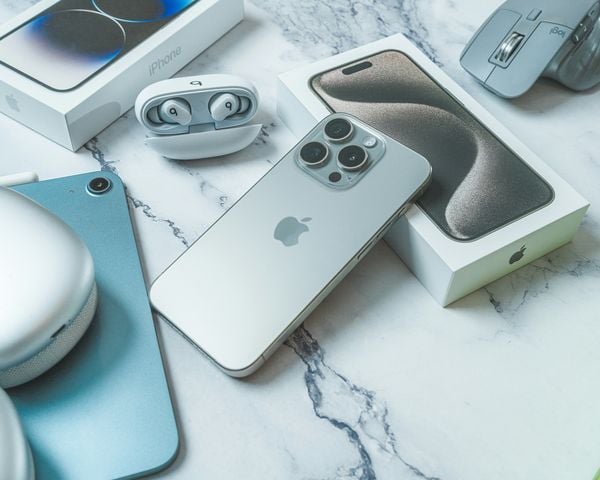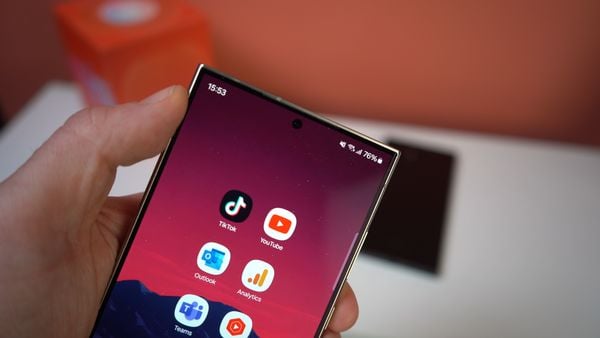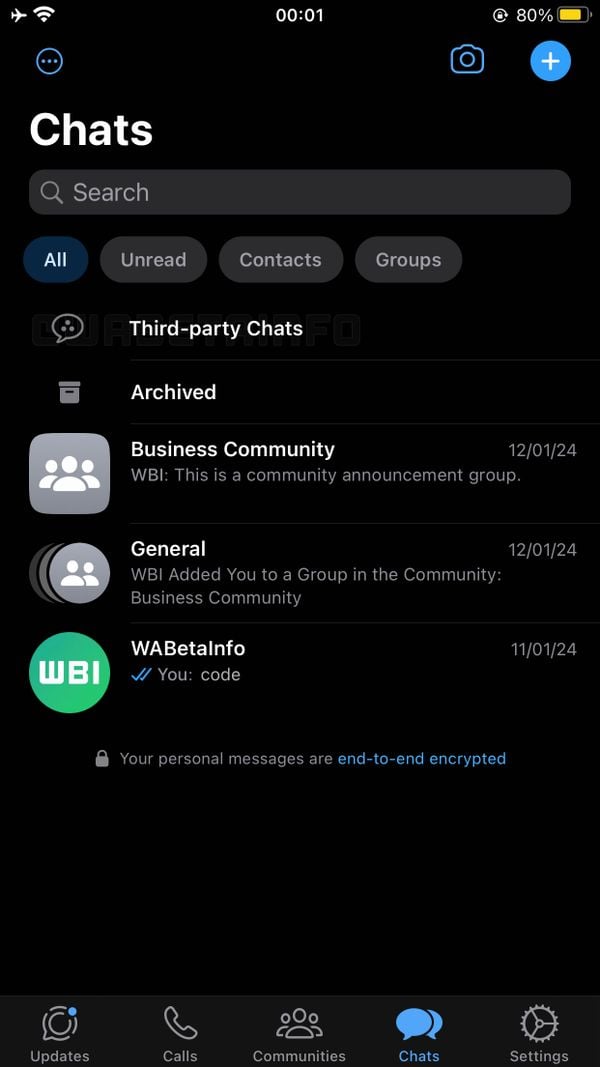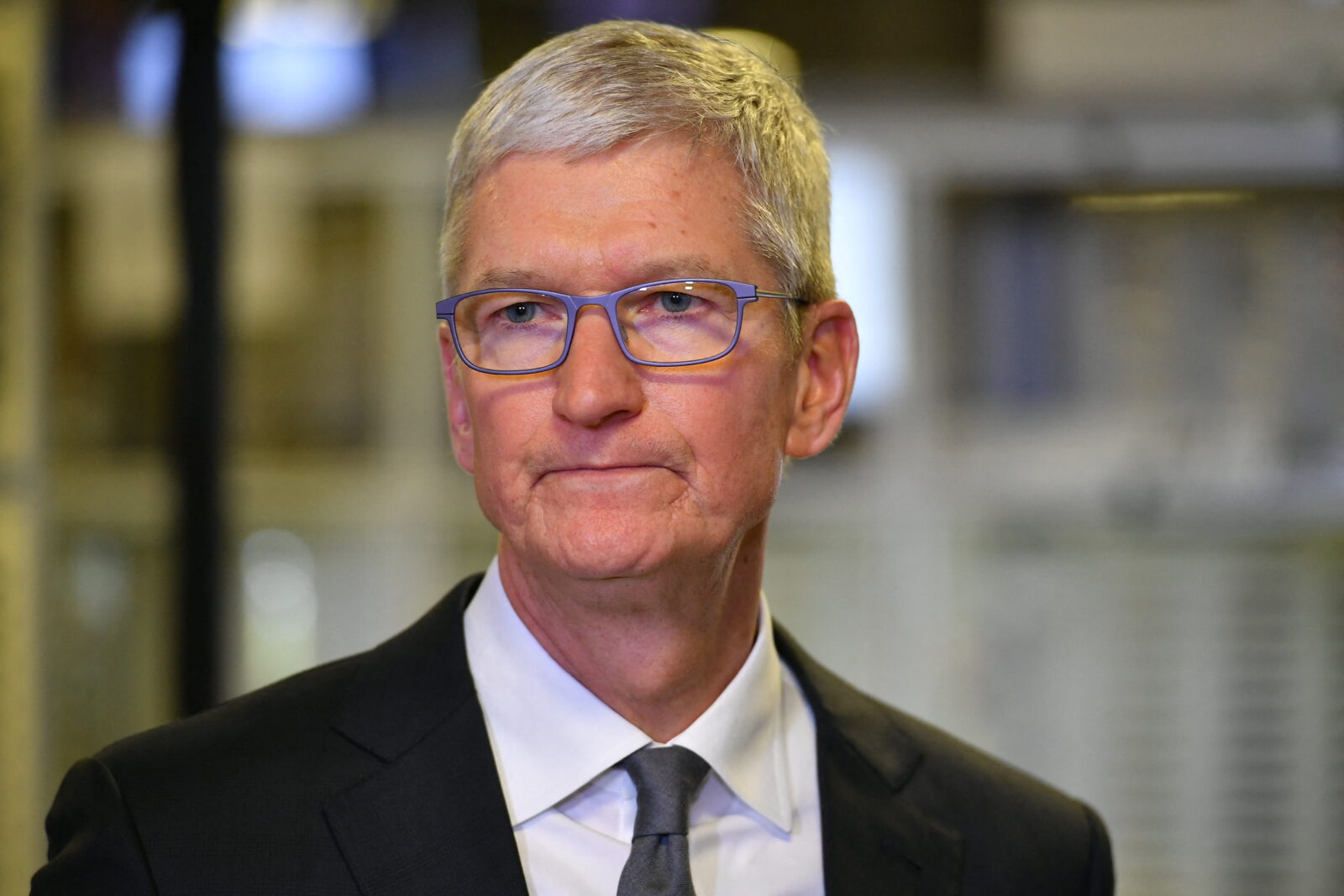It’s March 6, and that means the EU’s Digital Markets Act (DMA) goes into effect. This means a lot of digital things are changing, including your iPhone or Android device.
The EU created the DMA because it believes many tech companies have too much power. For example, there is little competition in certain areas and companies are abusing their monopoly power, according to the EU.
With the DMA, tech companies like Apple and Google will be forced to change course. You will then see the first signs of this on your iPhone or Android device starting today. But what exactly is different?
Here’s what’s changing for Apple on your iPhone
Let’s start with one of the companies the EU has set its sights on the most: Apple. To comply with the DMA, the company launched iOS 17.4 today. This new update gives you more features on your iPhone.
For example, it is now possible to download apps outside the App Store, which in tech parlance is also called sideloading. The tech companies are still fighting about this, though, because not everyone thinks Apple is doing it the right way.
 (Image: Jaime Marrero)
(Image: Jaime Marrero)
In addition, Apple also needs to better support other browsers not made through Apple’s WebKit. Moreover, when installing iOS 17.4, you will be presented with a screen where you can choose your default browser.
One last big change is that Apple has to open up its NFC chip to other providers. Previously, you could only pay via Apple Pay using the NFC chip, but now other banking apps should allow contactless payments as well.
Google must also get on board with Android
But Apple is not the only company being targeted by the EU. Google is also in play. The company is, of course, quite dominant with its search engine and Android.
On Android, like on the iPhone, you will soon be shown a screen where you can select your default browser. In addition, Google on Android should also give you the choice for your default search engine.
 The Samsung Galaxy S24 Ultra runs on Android, of course. (Image: Mark Hofman / WANT)
The Samsung Galaxy S24 Ultra runs on Android, of course. (Image: Mark Hofman / WANT)
But other Google components are also under the microscope. For example, the company must give you the option to not link data from its various services. Consider, for example, a link between search results and YouTube. In addition, users should also have the option to pull their data from Google’s servers.
But there aren’t just changes you’ll see only on Android, as search results also need to get a shake-up from the search engine. For example, Google should link to competitors more often if you are looking for a flight or hotel, for example. Previously, it did so mostly to its own services.
Facebook, Instagram and WhatsApp on the kick on your iPhone and Android device
Meta is also not escaping action by the DMA. The company was required by the EU to offer an ad-free subscription for Facebook and Instagram, and it has been around since March 1. For 9.99 euros a month, you will no longer see ads appear among your feed.
But not only Facebook and Instagram belong to Meta, so does WhatsApp. The messaging service must now also allow messages from other apps. Thus, on your iPhone or Android device, you will soon be able to chat via WhatsApp with people who use Telegram or Signal, for example. However, that update has not been launched at the time of writing.
 The new feature. (Image: WABetaInfo)
The new feature. (Image: WABetaInfo)
Amazon
If you are an Amazon customer, you may have already noticed something. The company is asking users if it may collect information for personalized ads.
The company is bigger than just its digital store. Prime Video, IMDb and Twitch are also part of the mega-company. Plenty of platforms to show ads on.
Microsoft and Windows
What Apple and Google have with the iPhone and Android devices, respectively, Microsoft has with laptops. Almost all of them run on Windows. That causes Microsoft to reap some benefits there, too, and thus requires action by the EU.
For example, Windows Search is no longer allowed to automatically show search results from Bing. In addition, other companies such as Google are now allowed to add feeds to Windows Widgets. It should also make it easier to uninstall pre-installed apps.

This is the Digital Markets Act of the European Union
The Digital Markets Act (DMA) is an EU law that aims to regulate digital platforms with strong market power. such as Apple and Google. It should promote competition through transparency. Favoring yourself is actually prohibited. There is also mandatory access to data for users and competitors.
TikTok
Finally, TikTok must also comply with some new EU rules. It must become clearer exactly what data the app collects from iPhone and Android users. Thus, the function to download own information has been improved.
It should also be easier for users to move their data to other apps where you register through TikTok. The company has released a new API for this purpose.


































